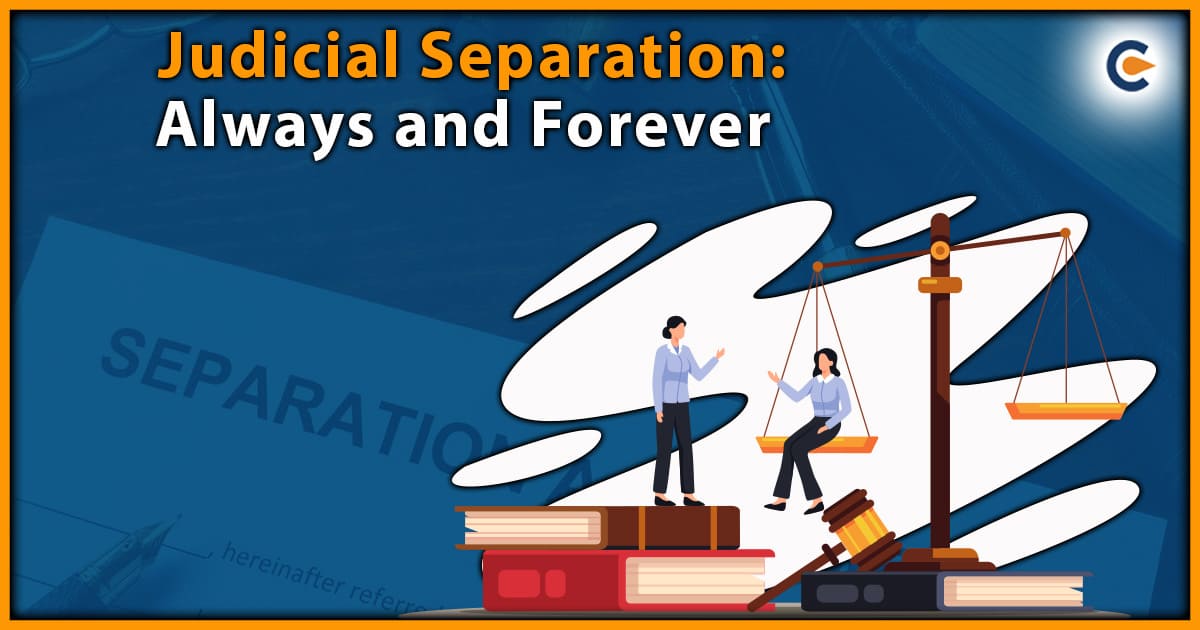The Indian legal system provides an essential provision called the Special Leave Petition (SLP) that allows an aggrieved party to appeal a judgment or order passed by a lower court or tribunal in India. The Supreme Court of India has been granted residuary power by the Constitution of India to exercise its jurisdiction in cases of substantial questions of law or gross injustice. The SLP is a crucial tool to seek justice in the country’s legal system, and it has certain limitations and conditions that must be followed to file an SLP in the Supreme Court. Understanding these limitations and conditions is crucial for any party seeking justice through an SLP in the Supreme Court of India.
Conditions for filing SLP in the Supreme Court
The limitations for filing SLP in the Supreme Court include the availability of an alternate remedy, time limit, the substantial question of law, merits of the case, abuse of process, and procedural requirements. The petitioner must satisfy these limitations to ensure that the SLP is entertained by the Supreme Court.
- Availability of an Alternate Remedy:
SLP cannot be filed if there is an alternative remedy available to the petitioner, such as a statutory appeal or revision. In such cases, the petitioner must exhaust the alternate remedy before approaching the Supreme Court with an SLP.
- Time Limit:
The time limit for filing an SLP is 90 days from the date of the judgment or order against which the SLP is being filed. However, the Supreme Court may condone the delay in filing the SLP if there is sufficient cause for the delay.
- Substantial Question of Law:
The SLP must raise a substantial question of law of general importance, which has not been settled by the Supreme Court or any other court. The question of law must have a bearing on the rights of the petitioner and cannot be a mere question of fact or law already settled by the courts.
- Merits of the Case:
The Supreme Court may reject an SLP if it is not satisfied that the case involves a substantial question of law or if the case has no merit. The petitioner must show that the impugned order or judgment has caused him/her prejudice or has resulted in a miscarriage of justice.
- Abuse of Process:
The Supreme Court may refuse to entertain an SLP if it appears to be an abuse of the process of law or if it has been filed with an ulterior motive. For example, if the SLP is filed merely to delay the proceedings or harass the opposite party, it may be rejected.
- Procedural Requirements:
The SLP must be filed in the prescribed form and accompanied by the necessary documents and fees. The petitioner must also obtain a certificate of fitness from the High Court, which is a prerequisite for filing the SLP. Failure to comply with procedural requirements may result in the rejection of the SLP.
Time Limit for SLP against High Court Judgment
The Supreme Court of India must receive the Special Leave Petition challenging a High Court’s judgment within 90 days from the date of pronouncement of the order there are limited exceptions where the delay in filing the SLP may be condoned by the Supreme Court. When a party is dissatisfied with a judgment or order passed by a High Court, they may file a Special Leave Petition (SLP) in the Supreme Court of India seeking leave to appeal against the judgment or order. However, there are certain time limitations within which an SLP can be filed.
As per the Supreme Court Rules, 2013[1], an SLP has to be filed within 90 days from the date of the judgment or order against which the SLP is being filed. This means that the party seeking leave to appeal must file the SLP within 90 days from the date on which the High Court pronounced the judgment or order. If the SLP is not filed within this time period, the party may lose their right to file the appeal.
It is important to note that the time limit of 90 days is strictly enforced by the Supreme Court, and there are limited exceptions where the delay in filing an SLP may be condoned. These exceptions include circumstances where the party seeking leave to appeal was prevented by sufficient cause from filing the SLP within the prescribed time limit or where there was a bona fide mistake or inadvertence on their part. However, the Supreme Court has the discretion to condone the delay only if it is satisfied that there was sufficient cause for the delay.
The Special Leave Petition against the judgment of the High Court has to be filed in the Supreme Court of India within 90 days from the date of pronouncement of the order, and there are limited exceptions where the delay in filing the SLP may be condoned by the Supreme Court.
Circumstances under Which A Special Leave Petition Can Be Filed In the Supreme Court
There are specific circumstances or situations that allow a party to submit a Special Leave Petition to the Supreme Court. These are:
- It is mandatory to challenge an order, decree, or judgment passed by any court or tribunal within the territory of India for a criminal or civil matter.
- If an application for a Certificate of Fitness to appeal to the Supreme Court has been declined by the High Court, they can still file a Special Leave Petition with the Supreme Court.
- The above two conditions are not applicable to courts or tribunals established under armed forces law.
- An aggrieved party has 90 days from the date on which the court or tribunal passed the challenged order to file a Special Leave Petition in the Supreme Court.
- If the High Court has refused to provide a Certificate of Fitness, the time period for filing the Special Leave Petition can be reduced to 60 days.
Conclusion
In the Indian legal system, a Special Leave Petition (SLP) can be filed in the Supreme Court if there is a substantial legal question or gross injustice. However, there is a limitation period for filing an SLP in the Supreme Court. The Central Board of Direct Taxes (CBDT) has issued instructions and directions to emphasise the importance of timely filing of appeals and SLPs in the Supreme Court and proper litigation conduct. An SLP must be filed within the limitation period mentioned in the Supreme Court Rules.











